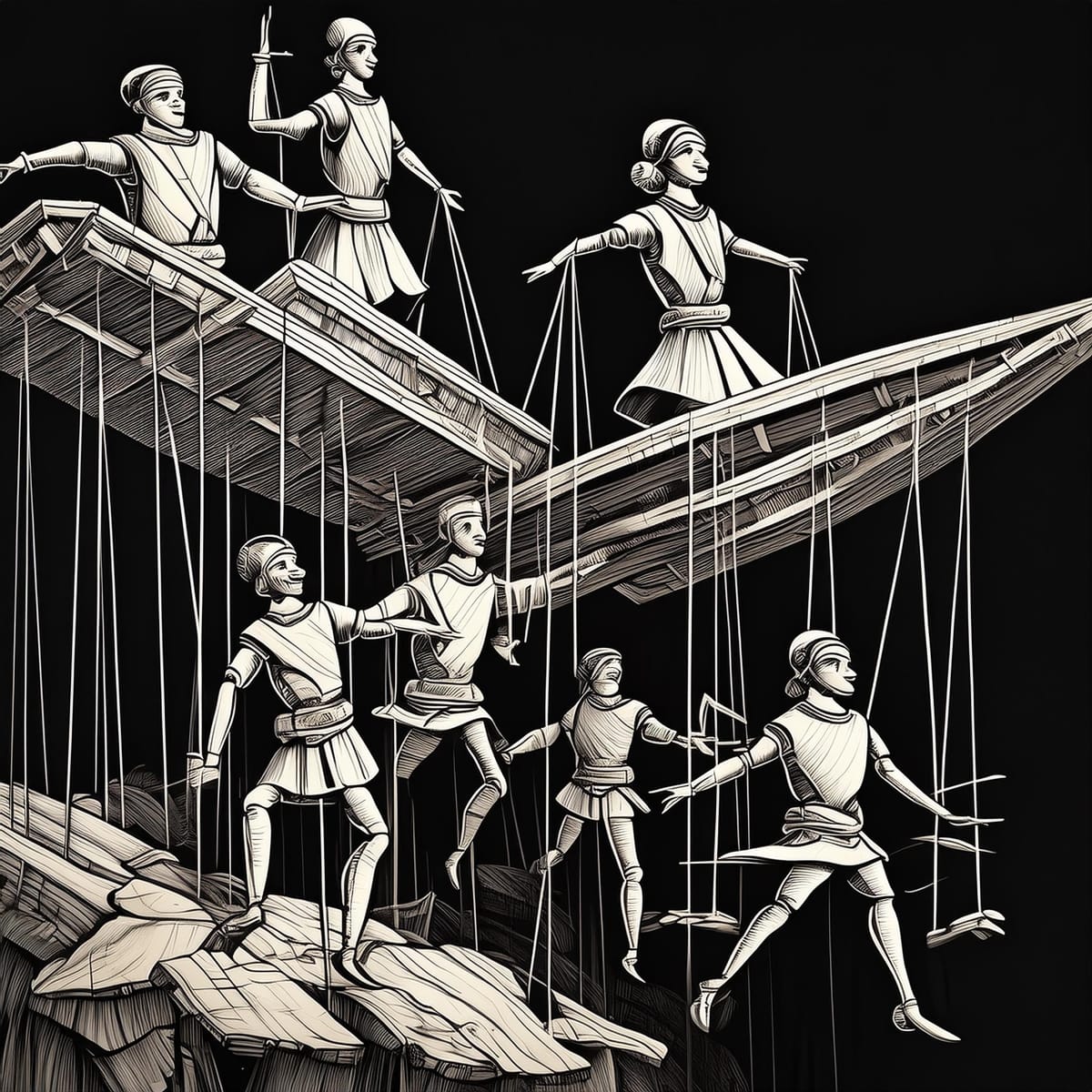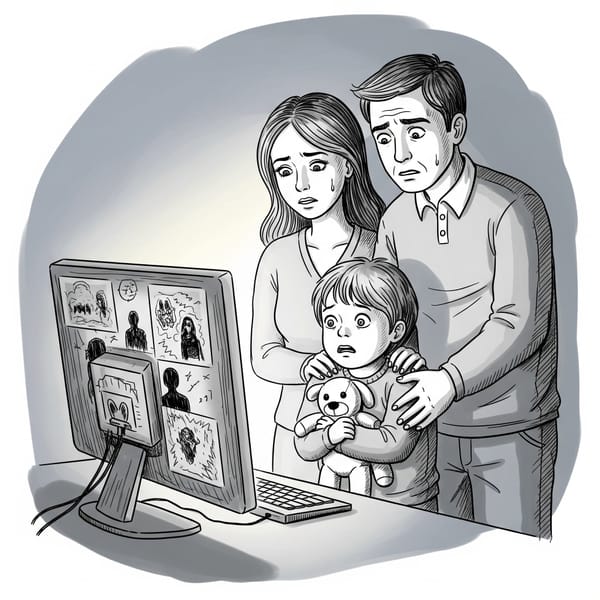The challenge of staying true to yourself

In my opinion, the most valuable quality a person can have to is the ability to improve, adapt and develop. Before experiencing something, it is impossible to determine whether one's own reaction will be positive or negative. This is precisely why it is so important to gather many different experiences and, above all, to draw conclusions from negative examples.
However, unlike peoples believes the journey of building the personality doesn't end after studying, with the first child or at the age of 50. The variability of our personality decreases, but we should never close our eyes to change.
One of the many problems: It's not as easy as it reads.
When meeting new people we are confronted with various different types of personalities that at first seem compatible, but later don't. People have different opinions about trust, being on time, keeping a secret or drinking habits. At this early stage of getting to know people we are firstly confronted with scenarios that we don't fully support or like. It's the first of many decisions in which we have to decide if we want to keep getting to know these people or if the differences are too severe.
In this phase, it is particularly difficult if you seem to be the only one who is alone with your opinion. You have the feeling that you have to adapt yourself or just have to accept that you're in the wrong. This phase is especially challenging if you're someone who wants to keep harmony and therefore be friends with everyone.
When I first joined the red cross I was overwhelmed of people who often stated, that they don't want to work (why are you here?) or they talked negative about patients or trivialized the use of medicine or drugs.
It's particularly easy to just accept the state of this or to ignore it.
But what about:
- the minors who actually need good role models?
- people who are usually not okay with the things that are going on, but also stay quiet because they think no one thinks like them
- your inner voice of accepting this even if you don't want to?
It probably doesn't surprise you that not everyone is as described above and when you spend more time with people you find out whom you really want to go to events to or trust patients. With this you'll probably find inner peace, but the surrounding situation won't change. You just joined and got comfortable inside a bubble.
The reality is that sometimes people don't understand what they are doing or why it's wrong. Maybe they don't know that thousand of people die of a drug overdose or that patients are not just numbers and if you don't like your work you can actually find another one?
The true cruelty is that it is easier to accept circumstances that are actually contrary to one's own character, but are already accepted as a rule by numerous people, than to laboriously take care of these problems. This has nothing to do with selfishness, but is simply a question of one's own energy and drive. Simply not talking to people is often closer than explaining to people you might not even like why you shouldn't make jokes about fentanyl.
Perhaps a final word of encouragement: if you notice something that goes completely against your own values, then say something about it and if no one is really on your side or thinks the same, what are you still doing there?




